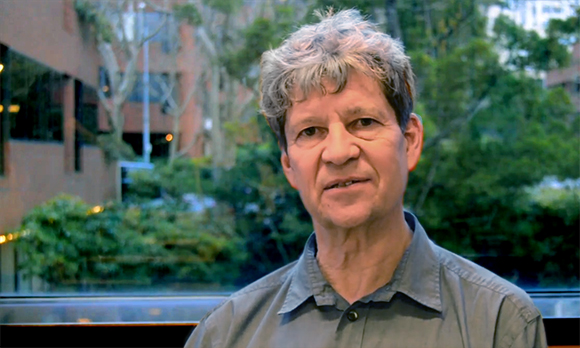
Image: PLOS Media [CC BY 3.0], via Wikimedia Commons
Leading geneticist Robin Lovell-Badge has said that a change in Japanese rules enabling researchers to grow human cells in an animal embryo is “significant” in the context of that country but such research would already be permitted in the UK.
A research project led by Hiromitsu Nakauchi, who works at both the University of Tokyo and Stanford University in California, was approved by the Japanese authorities on 24 July. This will allow his team to grow human cells in mouse and rat embryos.
The embryos would have been genetically modified so that their cells are unable to develop into a particular organ, such as the pancreas. Instead, human-induced pluripotent cells will be grafted onto the embryo which will enable the pancreas to grow. These embryos will then be transplanted into the wombs of rats or mice with the ultimate aim of being able to grow human organs for transplant.